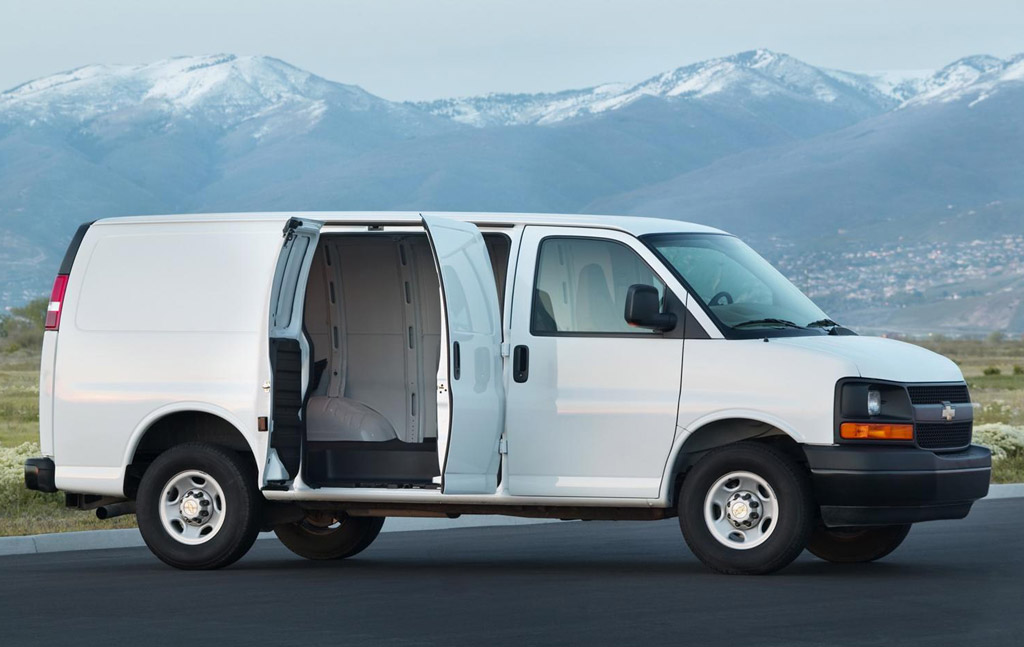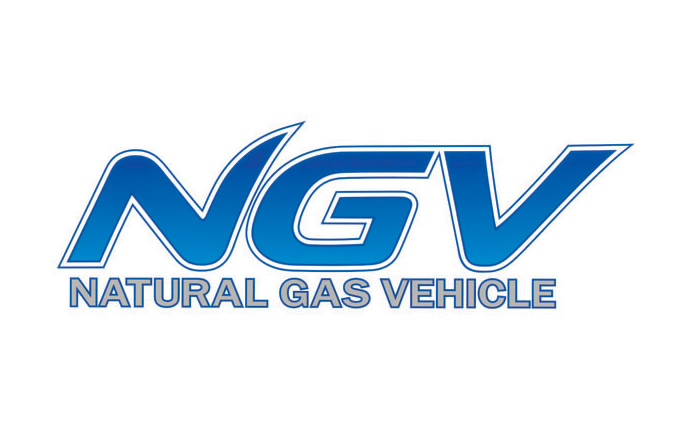If there's even a chance for the U.S. Congress to pass an energy bill this year, it's going to be a long and tortuous slog.
But the first cut at legislation, introduced yesterday, offers $4 billion for infrastructure and subsidies for natural-gas vehicles (NGVs), but just a tenth of that for the same kinds of investments for plug-in vehicles.
Rebates for NGV purchases
The bulk of the natural-gas vehicle funding goes toward rebates of $10,000 to $4,000 for purchase of cars and trucks, including heavy-duty commercial vehicles, that are powered by compressed natural gas (CNG).

2010 Chevrolet Express
While the only CNG car now sold in the U.S. is the Honda Civic GX, General Motors recently announced it would offer CNG conversions to fleet customers for its Chevrolet Express and GMC Savana full-size vans.
The bill also offers cash grants of up to $50,000 to fund installation of the refueling infrastructure, including natural gas pumps. There's also money for the U.S. Department of Energy to make R&D and development grants.
A final $200 million is allocated to loans to manufacturers making both CNG parts and vehicles themselves.

Natural Gas Honda Civic at 2010 Denver Green Car Static Parade
$400 million for EVs
The Clean Energy Jobs and Oil Accountability Act also includes the "Promoting Electric Vehicles Act of 2010," which dedicates $400 million to developing plug-in infrastructure and promoting adoption of the vehicles.
The Electric Drive Transportation Association (EDTA) issued a statement that applauded the Senate's "acknowledgment" of plug-ins' ability to reduce U.S. oil dependence, cut greenhouse gas emissions, and build a clean energy sector economy.
It also contained a longer appreciative nod to the 'Domestic Manufacturing and Energy Jobs Act of 2010,' release Monday by a House subcommittee, which also contains its own (and different) set of incentives.
Those include investment in lithium-ion batteries, deployment incentives for medium- and heavy-duty hybrid and plug-in trucks, and updates to an expanded tax credit for alternative fuel infrastructure.
EDTA president Brian Wynne said the trade group was "extremely pleased" that both houses had "issued key proposals that recognize the vital role...electric drive will play in our national energy policy."

2009 Honda Civic GX Natural Gas Vehicle logo
Miles to go
Left unsaid were a couple of facts. First, it may be unlikely that an energy bill can be passed before the November elections.
If those elections tilt one or both houses more Republican, that will likely either change the face of an energy bill or kill it altogether, at least in its current form.
In other words, there's a lot of heavy lifting left, so this is just the first in a long and probably painful process of politicking.
What both bill don't include: Any mechanism to raise the low U.S. cost of gasoline, which would lead car buyers to opt for more fuel-efficient vehicles.
That would be a new tax. And, despite support from not only economists but the likes of Ford Motor chairman Bill Ford and others, it is viewed by elected officials as the rough equivalent of Congressionally mandated infanticide.
In other words, no chance in hell. Ah, U.S. politics.













